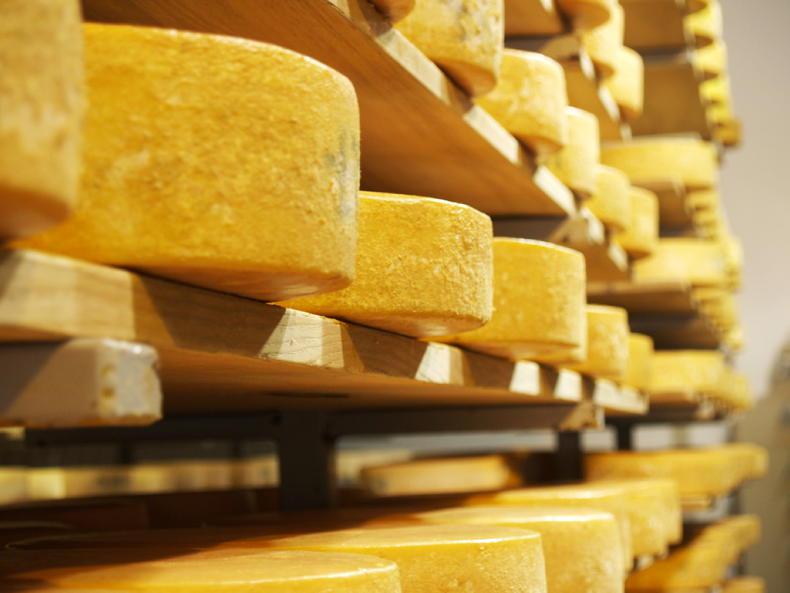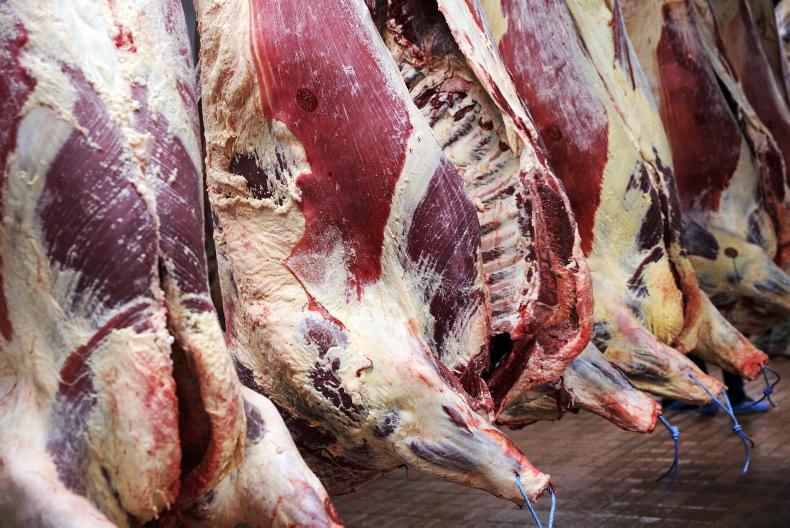Plant-based dairy alternatives “cannot act as a nutritional replacement” to dairy products that come from cows’ milk, a new study has concluded.
Researchers from the University of Reading analysed 299 plant-based products that were marketed in major UK retailers as alternatives to conventional milk, cheese and yoghurt.
These were compared to 167 dairy products that were also available in UK supermarkets and the findings were published in the scientific journal Food Research International.
“Results from this study have highlighted that there are major differences in the nutrient composition between plant-based dairy alternatives and dairy products,” the paper reads.
Many plant sources do not contain all the essential amino acids making them incomplete protein sources
The researchers warn that many consumers perceive plant-based products as a healthier option to dairy, even though there is “little evidence” to back this up.
Their study found that plant-based products were “generally lacking” in protein, which is essential for healthy growth and development.
Aside from overall protein content, plant-based products also tend to have lower-quality protein which is not as readily absorbed by the human body.
“Many plant sources do not contain all the essential amino acids making them incomplete protein sources,” the paper states.
Calcium
The researchers found that the alternatives to milk had similar levels of calcium because plant-based products tend to have extra calcium added, in a process known as fortification.
However, planted-based alternatives to cheese and yoghurts were less likely to be fortified and this resulted in “significant decreases in calcium” when compared to dairy products.
“This provides a clear example of why fortification of plant-based products is essential in order to match the micronutrients present in dairy,” the paper reads.
The paper also warns that organic foods cannot contain any fortification, so organic plant-based products will have a lower nutrient content
A similar reliance on fortification of plant-based products is needed for the likes of vitamin B12, a micronutrient which is essential for brain, nerve and blood cells.
However, the researchers found that iodine, which is needed for the body’s metabolism, was only fortified in six out of 136 plant-based milk alternatives and it was “completely absent” within cheese and yoghurt alternatives.
The paper also warns that organic foods cannot contain any fortification, so organic plant-based products will have a lower nutrient content even though they are often perceived as healthier.
The University of Reading researchers found that cows’ milk contains more energy, saturated fat, carbohydrates, and less fibre and free sugars, than the plant-based alternatives under review.
Cost
The study also looked at the financial cost of the products and concluded “all plant-based dairy alternatives were more expensive than dairy products”.
Plant-based milk alternatives were “almost double” the cost of cows’ milk, plant-based yoghurts were “almost three times” more expensive, and alternative cheese products “were up to 2.6 times the price” of dairy cheeses.










SHARING OPTIONS